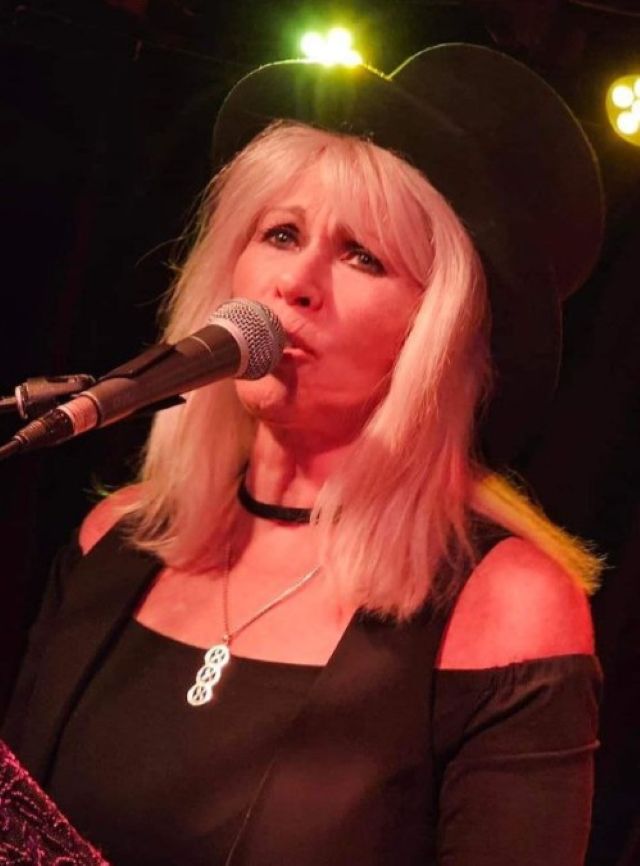Fletcher & JoJo Siwa: Why Two Queer Pop Stars Spark Debate Within the LGBTQIA+ Community
Pride Month may have wrapped up, but conversations surrounding prominent figures within the LGBTQIA+ community continue to resonate. Two names consistently at the centre of discussion are US singers Fletcher and JoJo Siwa. Both have cultivated devoted lesbian fanbases with their infectious queer pop anthems, yet their actions and public personas have sparked considerable controversy and debate.
The Fletcher Controversy: Authenticity vs. Appropriation?
Fletcher, known for hits like “Becky’s So Hot” and “Girlfriend,” has been praised for her unapologetic portrayal of lesbian desire and experiences. However, she's also faced criticism, with some accusing her of profiting from queer narratives without fully identifying as queer herself. This debate often revolves around the idea of authenticity – who gets to tell queer stories and how?
The core of the argument centres on Fletcher’s self-identification. While she’s publicly acknowledged attraction to women and written explicitly queer lyrics, her reluctance to definitively label herself as a lesbian has led to accusations of performative allyship and leveraging queer culture for commercial gain. Critics argue that this can be harmful, particularly to those within the community who lack the platform and privilege to navigate such complexities.
JoJo Siwa: A Journey of Self-Discovery and Backlash
JoJo Siwa’s journey has been markedly different. The former Nickelodeon star publicly came out as queer in 2021, a moment celebrated by many. However, her subsequent relationship with Kylie Prell and the eventual breakup, along with perceived inconsistencies in her public statements about her sexuality, have drawn significant scrutiny.
The controversy surrounding Siwa intensified when she expressed frustration over Disney's lack of support for her relationship, claiming they prevented her from incorporating her girlfriend into her performances and merchandise. While this sparked empathy from some, others questioned her motivations and the extent to which she was genuinely committed to representing the LGBTQIA+ community.
Why Does This Matter? Navigating Representation and Responsibility
These debates aren’t simply about individual artists’ choices; they highlight broader concerns within the LGBTQIA+ community. They touch upon issues of representation, authenticity, and the responsibility that comes with having a platform. When queer artists achieve mainstream success, they inevitably become role models and symbols for many, and their actions are subject to greater scrutiny.
The discussions surrounding Fletcher and Siwa are forcing the community to grapple with difficult questions: What does it mean to be a queer artist? How do we balance artistic expression with social responsibility? And how do we navigate the complexities of self-identification and representation in an increasingly public and performative world?
Ultimately, the controversies surrounding Fletcher and JoJo Siwa serve as valuable reminders that representation is not a monolithic concept. It’s a nuanced and ongoing conversation, requiring critical engagement, empathy, and a willingness to challenge assumptions – even within our own community. These conversations, while sometimes uncomfortable, are crucial for fostering a more inclusive and authentic understanding of what it means to be queer in the 21st century.






